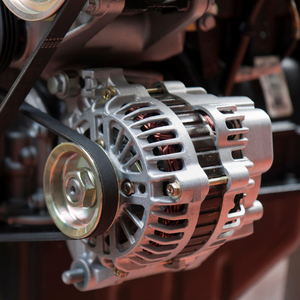UFO
Full Member
- Posts
- 565
- Likes
- 721
I understand that newer engines, Euro 6 and Euro 5? have smart alternators which don’t work with the split-charge-relay method of charging leisure batteries. So does this mean that vans with these engines have battery to battery chargers?
I’ve looked at the manufacturers specs but they focus on things like colour coded cup holders, leather covered gear knobs, etc., not important things like size of batteries and how they are charged and if B2B what size it is (amps). Probably the smallest possible given that when a solar panel is fitted it tends to be 100W when the roof could accommodate more at very little additional cost!
I’ve looked at the manufacturers specs but they focus on things like colour coded cup holders, leather covered gear knobs, etc., not important things like size of batteries and how they are charged and if B2B what size it is (amps). Probably the smallest possible given that when a solar panel is fitted it tends to be 100W when the roof could accommodate more at very little additional cost!


